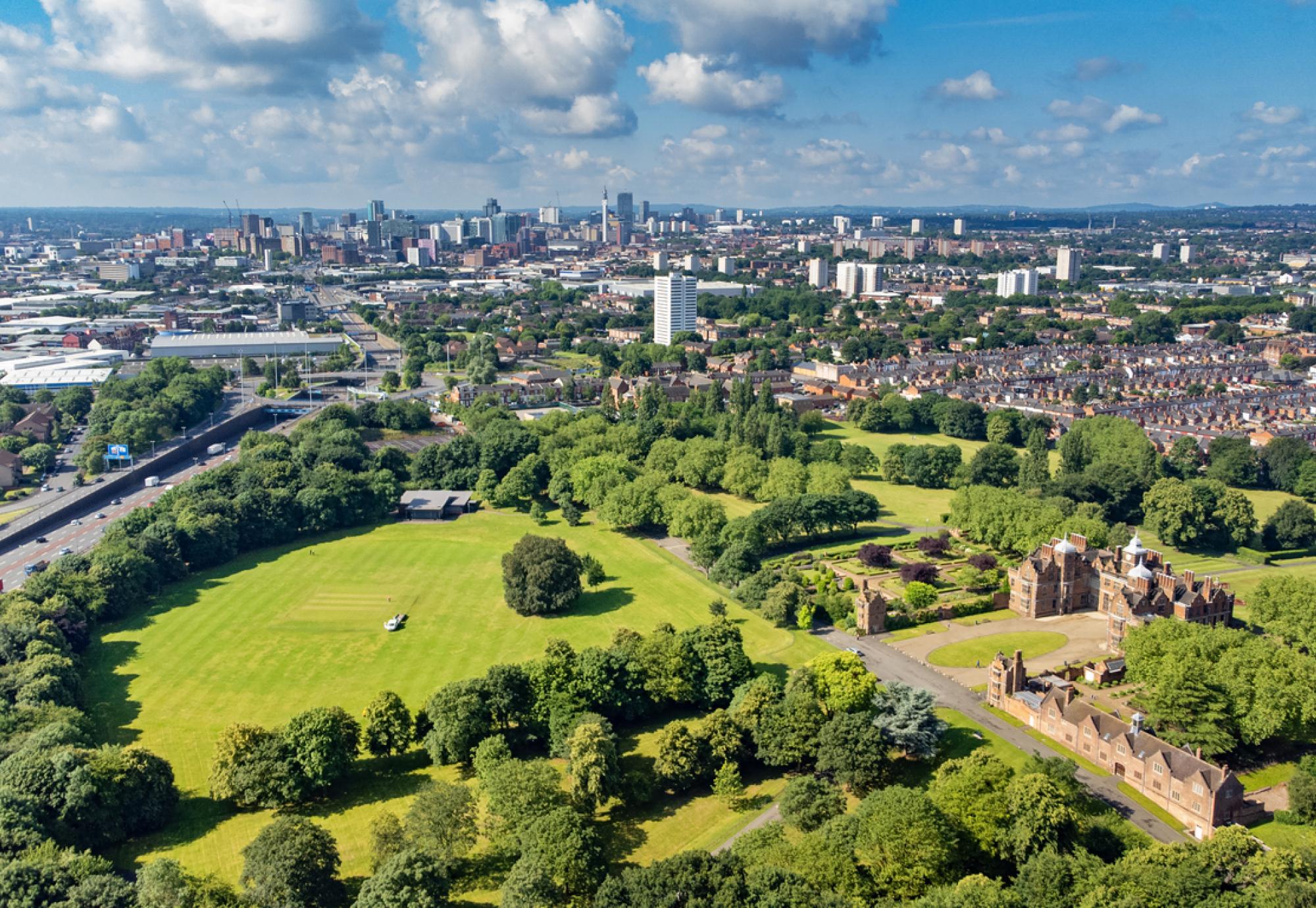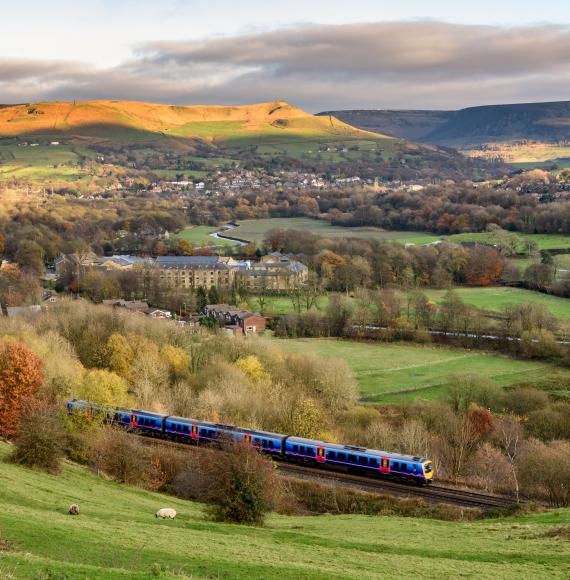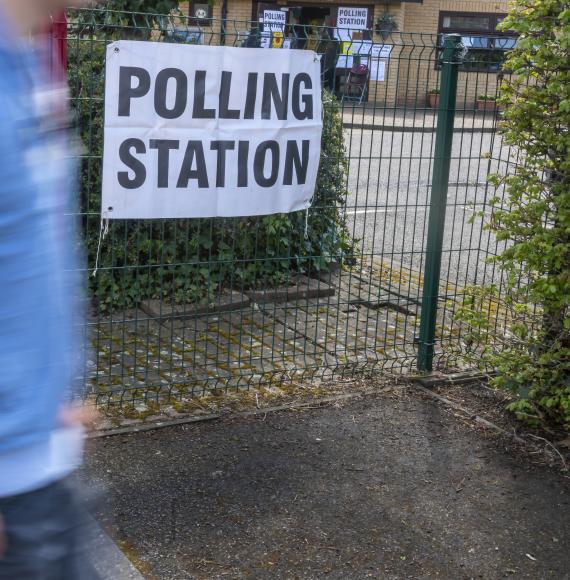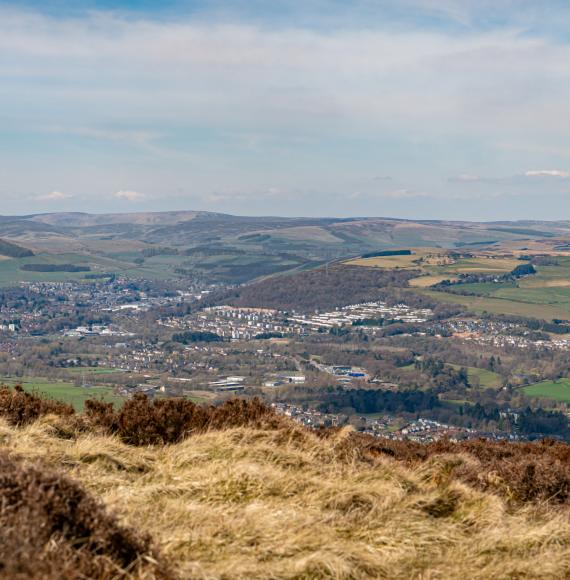The West Midlands Combined Authority has announced that is has been chosen, along with three other areas, to contribute new ways of bringing private sector investment into local nature and climate change projects.
Coming after the Department for Environment, Food and Rural Affairs set the goal of raising £1 billion per year of private funding, as part of the 25 Year Environment Plan, to help nature recovery. In order to gain private investment, the West Midlands Combined Authority will be working alongside regional stakeholders to bring along a list of projects that can contribute the scale and impact that is necessary in order to attract the required investment. This will also be done whilst delivering on the priorities that have been established through the West Midlands Natural Environment Plan.
As the only major only urban area that has been selected for the two-year programme, named the Local Investment in Natural Capital programme, WMCA are taking on this project with increased environment responsibilities set to be transferred to the authority as part of the Deeper Devolution Deal for the region. Thanks to this, any potential investment that is secured through the pilot will help the WMCA to deliver further nature-based solutions for climate mitigation and adaptation, developing a local nature recovery strategy, and air quality improvements.
The other three regions selection for the pilot are:
- Cornwall
- Northumberland, Cumberland, and Westmoreland and Furness
- York and North Yorkshire
Andy Street, Mayor of the West Midlands and. WMCA Chair, said:
“We know the private sector wants to invest in nature, so I’m really pleased our region will be part of this pilot scheme to make it easier for that to happen here in the West Midlands.
“This is crucial because everyone benefits from a thriving natural environment, whether that’s through improved health and wellbeing, new skills, and jobs, or by mitigating the effects of climate change.
“We are already supporting locally led projects through our Community Green Grants fund which are creating urban pocket parks, supporting community growing ventures, restoring rivers, and driving tree planting. But we know we can do more on a bigger scale if we can unlock significant levels of new investment.”
The WMCA and its partners have identified how they plan on enhancing the area’s protected species and protected species, as well as improving access to any green spaces and waterways for members of local communities. Other priorities in the West Midlands Natural Environment Plan include widening access to green and blue spaces, increasing hedgerow and tree planting, promoting wildlife as well as providing support for climate mitigation and adaptation.
WMCA’s portfolio holder for environment and energy, and Leader of Solihull Council, Cllr Ian Courts, said:
“Great strides are already being taken to address the significant environmental inequality that we know exists across the West Midlands and we are ambitious to do more and on a bigger scale.
“Attracting new investment in natural capital will help us to accelerate what we’re doing to tackle the climate, air quality and ecological emergencies, as well as greening our housing, skills and transport network.”



















